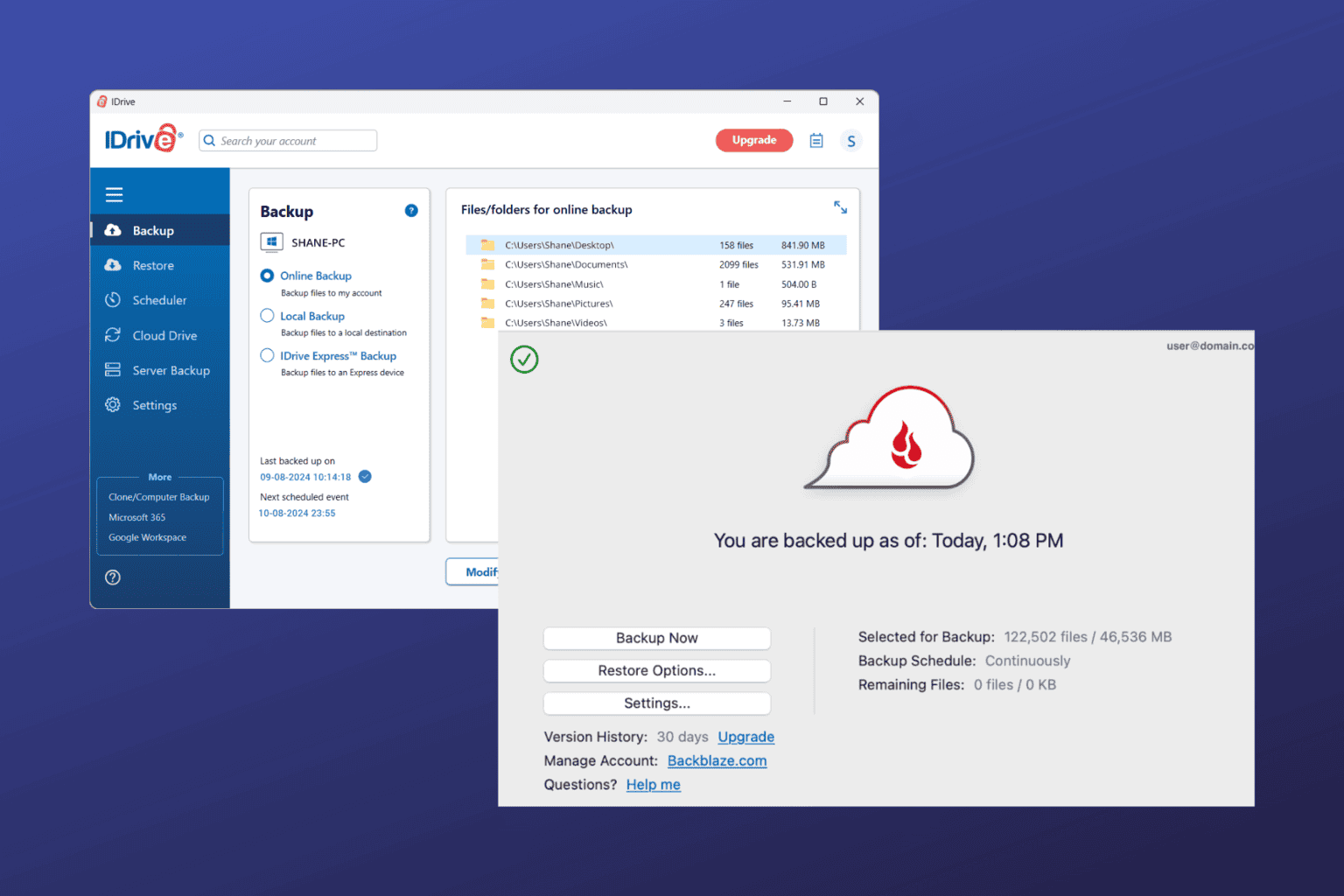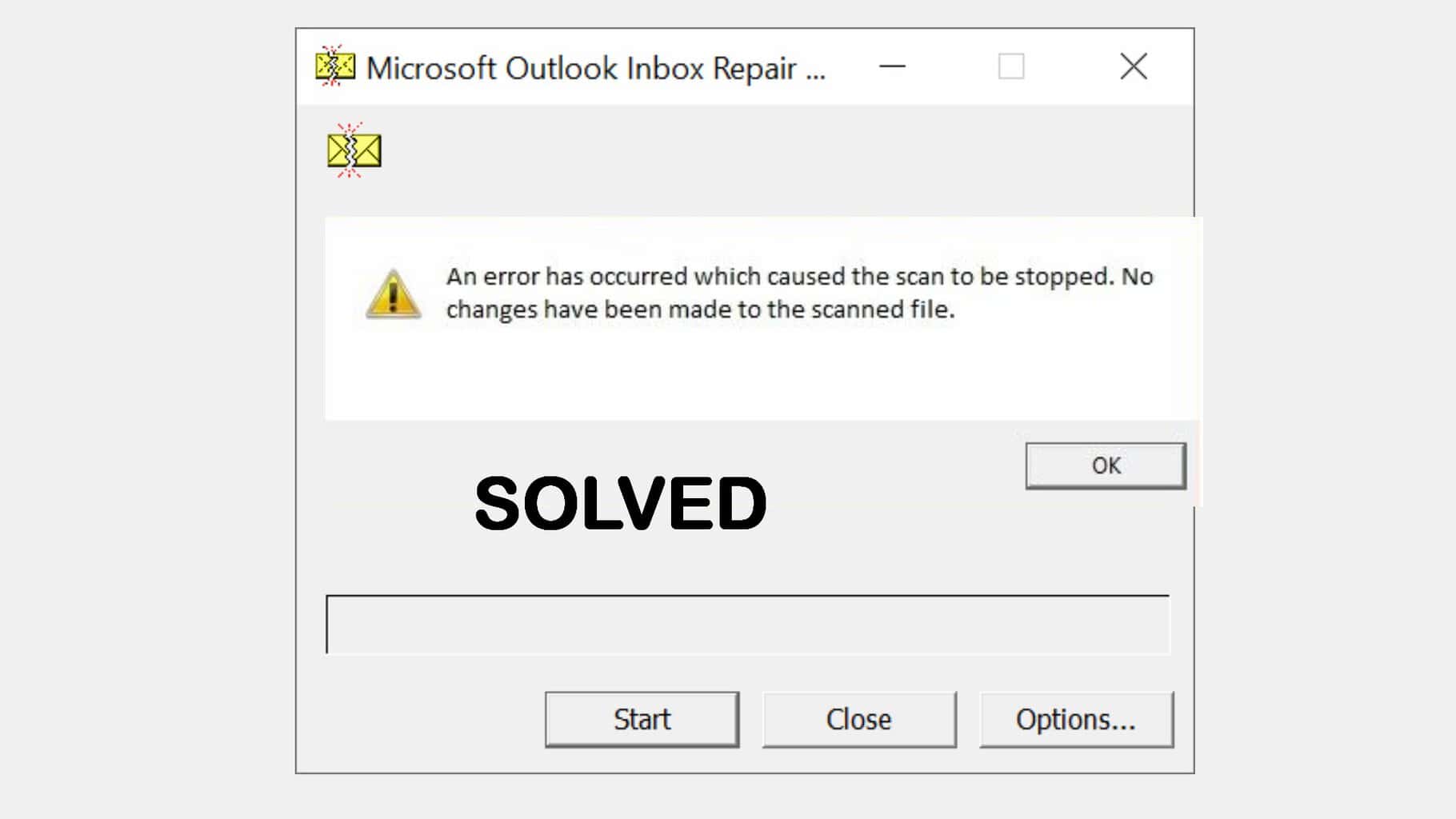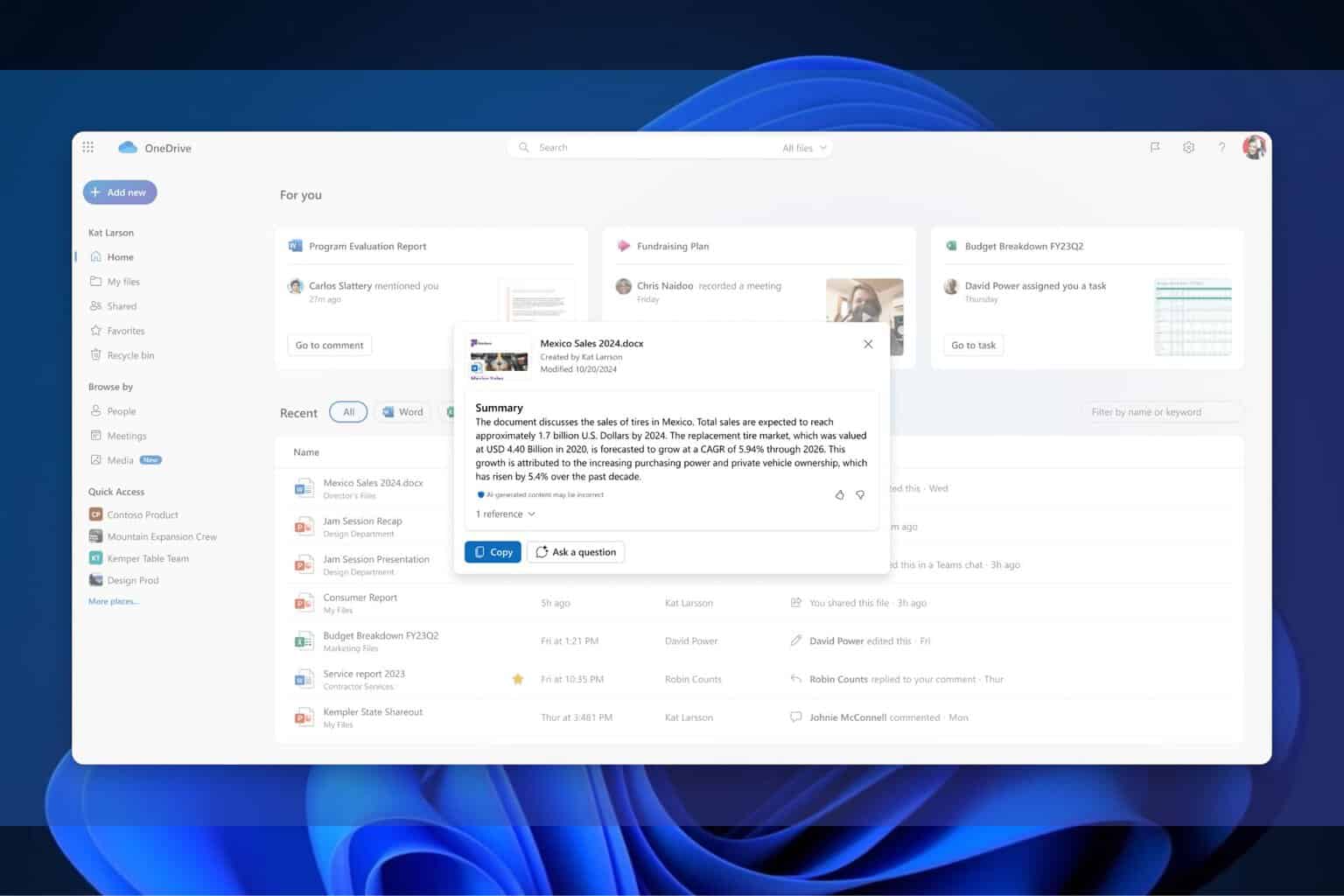Scandalous software: how should Microsoft deal with problematic apps in its stores?
5 min. read
Published on
Read our disclosure page to find out how can you help Windows Report sustain the editorial team. Read more
Any apps that appear in the Windows App Store or Windows Phone Store are open to scrutiny. Microsoft, and anyone who downloads and uses the apps, is free to evaluate them, and it could be that given titles do not quite live up to expectations. There is always the possibility that an app is not entirely what it appears to be, or it could even violate copyright.
Every app in the stores has a link that can be used to report questionable titles to Microsoft. There are many reasons you might feel like reporting an app. If you have designed an app of your own, you would probably feel inclined to report a copycat title. But you might also feel that you have been misled into purchasing an app that is not exactly what it first appeared. It would seem reasonable to expect that reporting an app would lead to an investigation and the possible removal of it from the store.
The reporting process does not quite have the expected results
Some store browsers such as WinBeta reader Steve have found that the reporting process does not quite have the expected results. He has been disappointed by Microsoft’s response — or lack thereof — to app reports he has made. Take the innocuously named Temple Run 2.. — seems reasonable enough, yeah? But what are those two periods in the name?
This is in fact not the second Temple Run game, despite what the description would have you believe. Hand over your $0.99 and you get an app that bears the following description: ” Navigate perilous cliffs, zip lines, mines and forests as you try to escape with the cursed idol. How far can you run?!” Sounds good, yeah. But there’s a little extra bit tacked on the end. “My app will provide you the best way to finish”.
The additions to the name of the game, and the little caveat at the end of the description are very easy to miss. Steve felt angered enough by the existence of the app to report it. One would rightly expect Microsoft to investigate the app and then either remove it, or at least insist that the name or description be changed. Steve then took to Twitter, pointing out the app to Microsofter Pete Brown:
@Pete_Brown More users scammed out of their hard earned cash(see reviews) http://t.co/C0BjxiE7ru I reported some of the developers apps
— Steveo (@dingl_) May 23, 2014
But the app’s still in the store. It still has the same title and description, and there are still negative reviews building up. Now it could be argued that the review system should be enough to allow other users to determine the value of an app they stumble across, but is it really fair for others to have to test the water and get stung first?
Microsoft should have a team dedicated to policing the Windows Store
Steve suggests that Microsoft should have a team dedicated to policing the Windows Store, checking for those that have been approved and ensuring that they do what they claim. How about a copy of Skype for Windows 8 for $0.99? This is the sort of thing you would expect Microsoft to notice really yet the app remains in the store. There are currently no reviews so it’s hard to tell is there are many disgruntled users — maybe they were put off by the description that reads “Skype for windows8 now you can enjy all about skype… my app will help you alot in the usage of skype in windows8” (sic).
All highlighted is the problem of scam apps — those get-rich-quick schemes that are all-too common line, translated into app form. Again, Steve has taken it upon himself to report many of these apps, but he is not a one-man vigilante team. Is it reasonable to expect that Microsoft should be doing more?
On one hand there is the argument that Microsoft should be vetting every single app that hit the stores. This is similar to the approach adopted by Apple, but it is obviously very time, money and labor intensive. Is Microsoft happy to see apps hitting the store just to push the numbers up? On the other hand, it is better to give apps the benefit of the doubt and take the ‘innocent until proven guilty’ approach?
This latter option seems fair, if flawed, but it only works if apps that are reported are investigated and dealt with in a timely fashion.
We’ve reached out to Microsoft to ask them to explain how the reporting and investigation process works, but we’re yet to hear back; we’ll update the post as soon as we hear anything. Does it make a difference if a copyright complaint comes from a copyright holder, or just from a concerned user?
What do you feel is the best approach? Proactively seeking out apps, waiting for them to be reported, or vetting them prior to allowing them in the stores in the first place? Have you been stung by an app that wasn’t what it claimed to be? Share your stories in the comments.









User forum
0 messages